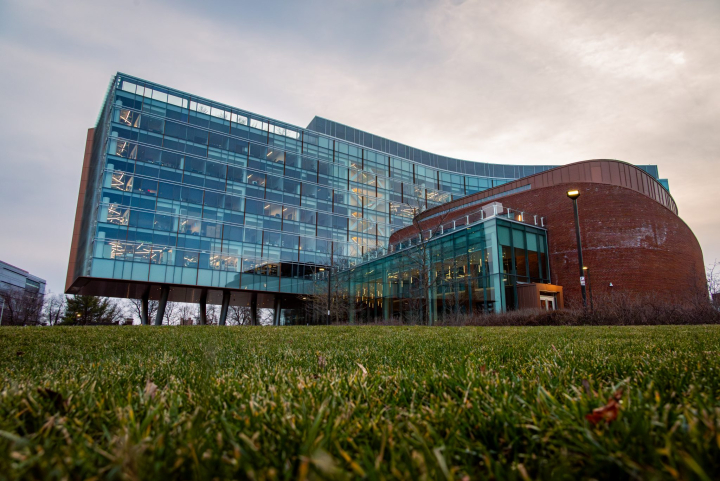Assessing Diversity Initiatives: UMD's Progress in Three Years
When Elias Gonzalez was a student at the University of Maryland, he looked up to his computer science professor Nelson Padua-Perez both as a Latino professor and as a Spanish speaker.
Gonzalez, now a computer science lecturer at this university, said his former professor remembered him because they spoke the same language. To him, that experience illustrated the importance of having diverse faculty, Gonzalez added.
“Diversity means having all that diverse background and having all those lived experiences that are different,” Gonzalez said. “Anytime we can insert that into our sequence, I think you’ll be able to get attached and serve more students and have them stay in our pipeline.”
In 2021, this university joined Aspire Alliance, a national initiative that helps universities recruit and retain faculty from underrepresented backgrounds in science, technology, engineering and math — like Gonzalez. The program did not set specific diversity quotas, but it brought new initiatives to this university that aim to foster diversity and increase representation.
This university was among 19 schools selected to be part of a cohort for the three-year program. The Association of Public and Land-Grant Universities and the Center for the Integration of Research, Teaching and Learning lead the alliance.
Click HERE to read the full article.
The Department welcomes comments, suggestions and corrections. Send email to editor [-at-] cs [dot] umd [dot] edu.
